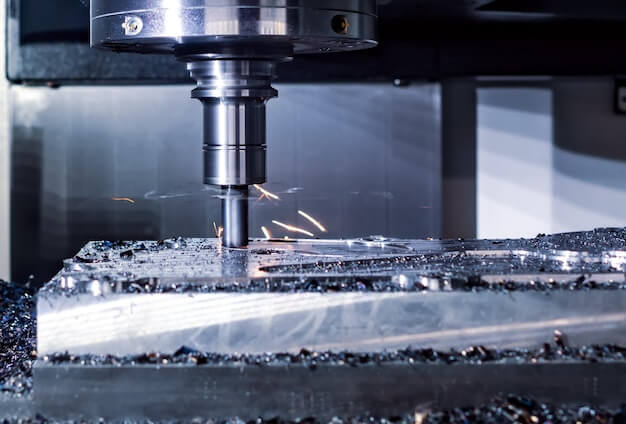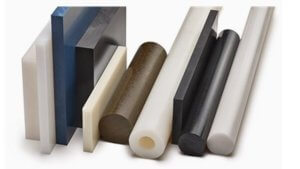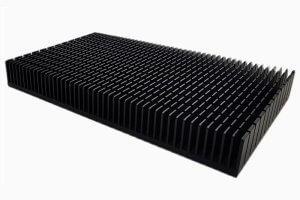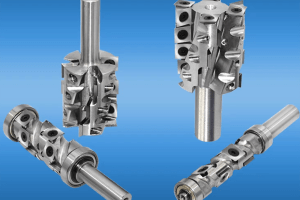Introduction to Titanium
Titanium is a lustrous, silver-gray metal known for its high strength-to-weight ratio, corrosion resistance, and ability to withstand extreme temperatures. Widely used in aerospace designs, medical devices, and sporting equipment, titanium’s properties make it valuable in applications where durability and lightness are paramount. Moving beyond its practical uses, a question often arises about its longevity and resistance to environmental elements—specifically, does titanium rust? Exploring this inquiry sheds light on the very nature and behavior of titanium in various settings.
The Science of Rust – Corrosion Explained
Rust is essentially the common term for corrosion that occurs in metals containing iron, where they react with oxygen and moisture in their environment to form iron oxides. This process typically begins on the metal’s surface and can spread over time, leading to structural weakness. Other metals may undergo similar corrosive processes without forming rust per se; instead, they develop patinas or other forms of oxidation that do not necessarily weaken the material as significantly. Corrosion happens due to a combination of electrochemical reactions, including oxidation (where electrons are lost) at anodic sites and reduction (where electrons are gained) at cathodic sites on the metal’s surface. These reactions are facilitated by the presence of an electrolyte, such as water, which conducts ions and acts to close the electrochemical circuit.
Properties of Titanium
Titanium is renowned for its strength-to-weight ratio, resistance to corrosion, and high melting point. Unlike iron and other metals traditionally prone to oxidation (rust), titanium boasts a passive and protective oxide layer that forms naturally in the presence of oxygen. This characteristic shields the metal from further corrosive attack, rendering it virtually impervious to rust under normal conditions. For example, where iron would react with atmospheric elements and degrade over time, forming reddish-brown rust (iron oxide), titanium’s surface oxidizes into a tough, inert film of titanium dioxide that steadfastly protects the underlying material. This attribute makes titanium an excellent choice for applications requiring longevity and exposure to harsh environments.
Does Titanium Rust?
Titanium is renowned for its durability and corrosion resistance, characteristics that make it ideal for applications in aerospace, medical implants, and other environments where longevity and reliability are crucial. Unlike iron, titanium does not rust because it forms a stable oxide layer when exposed to air or water, which protects the underlying metal from further degradation. However, under certain conditions—particularly in the presence of reducing acids or high temperatures—this passive oxide layer can be compromised, leading to corrosion. For example, in environments with chlorine or other halogens, titanium may become susceptible to pitting or stress-corrosion cracking. Thus, while it’s exceptionally resistant to corrosion, titanium is not entirely impervious and requires consideration of environmental factors to maintain its integrity over time.
Benefits of Titanium in Preventing Corrosion
Titanium’s exceptional resistance to rust is particularly beneficial in environments where traditional metals would fail. For example, the aerospace industry capitalizes on titanium for aircraft parts due to its ability to withstand the harsh conditions at high altitudes without corroding. Similarly, in the maritime sector, shipbuilders prefer titanium for propellers and rigging equipment because it resists corrosion from saltwater—a notorious catalyst for rust. In the medical field, titanium’s inertness makes it ideal for implants and prosthetic devices that need to endure within the human body for extended periods without reacting or degrading. By employing titanium, these industries enhance the longevity and reliability of their products, ensuring safety, performance, and cost-effectiveness.
Maintenance of Titanium
Ensuring that titanium items remain corrosion-free requires adherence to specific maintenance practices. Firstly, regular cleaning with mild soap and lukewarm water is recommended, followed by a gentle wipe-down using a soft cloth; this simple procedure helps prevent the accumulation of harmful substances that may lead to surface tarnishing or staining. It is crucial to avoid using abrasive materials, chlorinated cleaners, or strong acids and bases as they can compromise the item’s passive oxide layer, which acts as its protective barrier against corrosion. Additionally, when dealing with titanium components in environments prone to crevice or stress-corrosion cracking, proper design considerations such as eliminating sharp crevices can be essential. To maintain structural integrity and resist potential corrosive attacks, titanium items should not come into contact with dissimilar metals, as this might cause galvanic corrosion issues.
Other Articles You Might Enjoy
- Is titanium magnetic? what is titanium ?
Introduction to Titanium Titanium is a lustrous transition metal with a silver color, low density, and high strength. It is highly resistant to corrosion in sea water, aqua regia, and…
- Is titanium dioxide safe? what is titanium ?
Introduction to Titanium Dioxide Titanium dioxide, a white pigment that is chemically inert, stable, and nontoxic, boasts widespread use in various industries due to its ability to impart brightness and…
- Everything You Should Know About CNC Machining Titanium
Titanium (Ti), a shiny metal, has a high resistance to corrosion and high strength. Titanium is extremely lightweight and biocompatible. Ti is extracted from primarily unconsolidated sediments. Depending on the…








